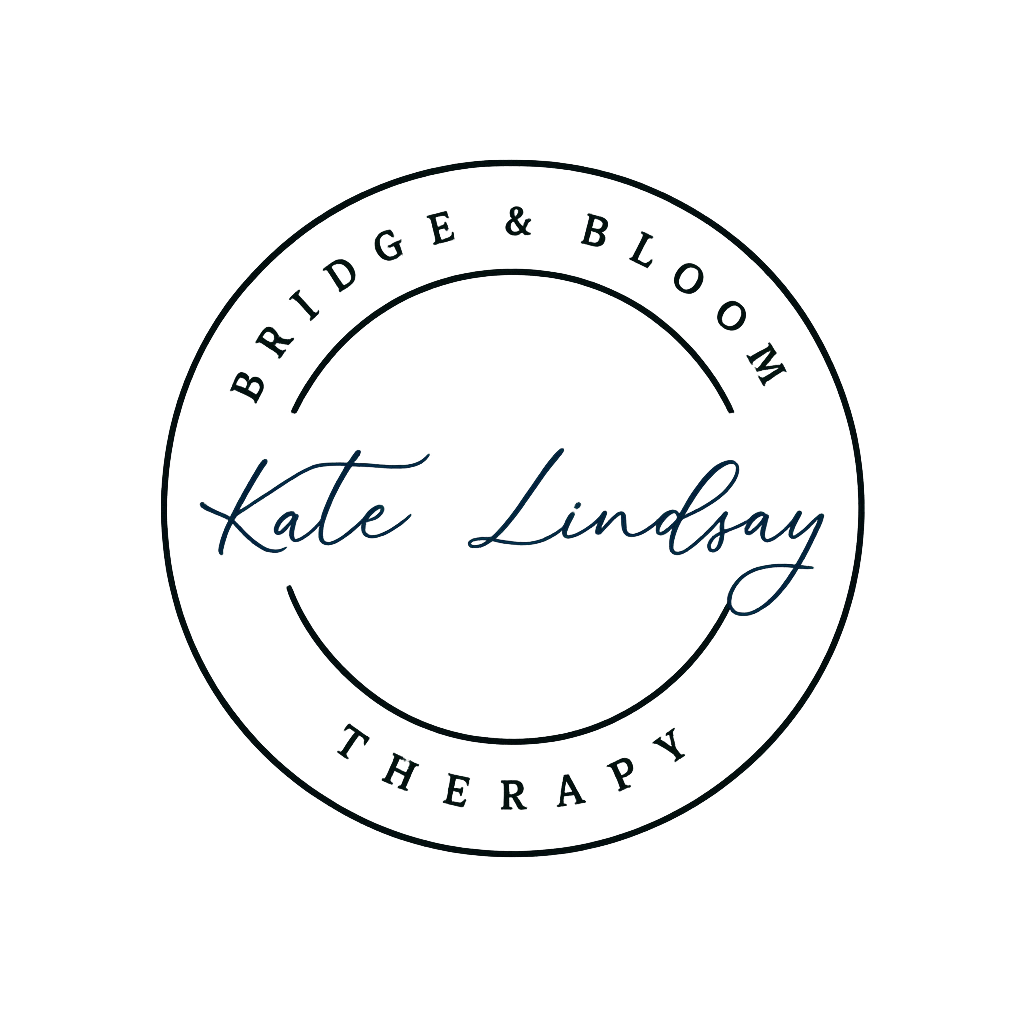Understanding Depression
Understanding Depression Through Relational Healing
Depression is more than low mood or lack of motivation—it’s often a sign that our emotional world feels unsupported, disconnected, or depleted. From a relational perspective, depression can emerge when our connections—to ourselves, others, or life’s meaning—have frayed or gone unmet.
What Is Depression?
Common experiences include:
Persistent sadness or emptiness
Loss of interest in once-enjoyed activities
Changes in sleep or appetite
Feelings of worthlessness, guilt, or hopelessness
Difficulty concentrating or making decisions
These symptoms signal that something in your emotional ecosystem isn’t getting the nourishment it needs.
A Relational View of Depression
At Bridge & Bloom Therapy, we see depression not merely as an internal chemical imbalance, but as a signal about unmet relational needs:
Connection to Self
When we lose touch with our own feelings, values, or desires, life can feel flat. Depression may be calling you to reconnect with what matters to you.Connection to Others
Isolation, past attachments that weren’t safe, or relationships that feel one-sided can leave you feeling unheld. Depression often speaks of losses in connection or of not feeling truly seen.Connection to Purpose
When work, life roles, or personal meaning feel empty, our sense of vitality can wane. Depression can invite us to rediscover or reimagine what gives our life purpose.
How Relational Therapy Supports You
Rather than rushing for symptom relief alone, relational psychotherapy focuses on how being genuinely met can rekindle hope:
Safe Holding
In our sessions you’ll be heard without judgment, offering your nervous system a new experience of safety.Co-Created Understanding
Together, we’ll map patterns—how you’ve tried to manage pain or keep connected—and gently explore new ways of relating.Reparative Experience
By offering what might have been missing in past relationships (attunement, empathy, trust), therapy becomes a corrective space where depressive patterns begin to soften.
Practical Steps Between Sessions
Name Your Experience
Write or say aloud three things you’re feeling today, no matter how small. Naming restores ownership.Reach Out
Share one honest moment with a trusted friend: “I’m not OK right now.” Connection, even brief, can break depressive isolation.Small Acts of Care
Identify one tiny, nurturing action (a warm drink, a five-minute walk, or gentle stretching) and give yourself permission to do it.
When to Seek Support
If you notice that depression:
Persists for weeks or months
Interrupts your work, relationships, or self-care
Feels overwhelming despite self-help efforts
…it’s a sign to reach out for relational support—in therapy, you don’t have to carry this alone.
Take the First Step
Bridge & Bloom Therapy offers a free 15-minute consultation to discuss how relational psychotherapy can help you move from feeling stuck to feeling seen, held, and supported.
👉 Book Your Free Call
🌐 Online sessions across the UK | Confidential & Compassionate
Depression can feel heavy—but in connection, healing emerges one step at a time.


